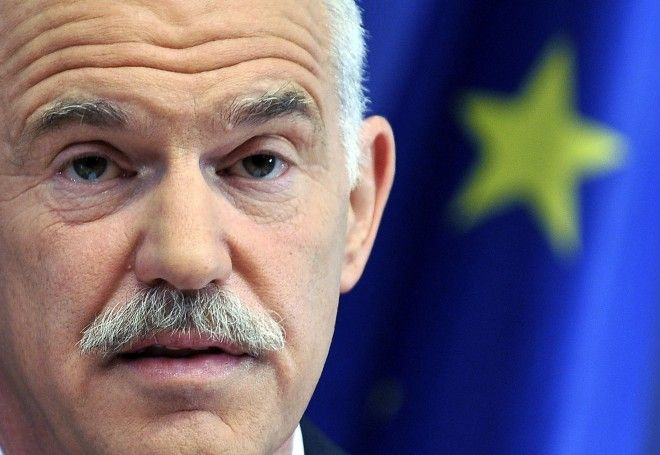Greek unions take to the streets anti-austerity strike

Public services have been halted including trains, ferries and flights have been disrupted by the protests in Athens on Wednesday morning.
On Tuesday, around 15,000 people hit the streets of Athens, as unions began a 24-hour nation-wide walkout in protest against the austerity measures of the government.
At least 17 people were injured, one critically, as police used tear gas and stun grenades to disperse youths hurling stones and petrol bombs, Reuters reported.
The current strike was called by unions after the Greek government proposed a new austerity package to try to ease the country's crippling debt crisis. Unions rejected the policies saying the policies are making it worse than before.
The Greek government is seeking new terms and conditions for its $158 billion joint European Union-International Monetary Fund bailout.
There were violent clashes near the place where the country's Finance Minister George Papaconstantinou was meeting senior EU and IMF inspectors.
Many Greeks are angry over job losses, tax rises and pension and wage cuts, with statistics authority saying the unemployment rate in January had hit 15.1 percent.
GSEE, the leading Greek union, said they strongly protest the unfair and harsh policies that have resulted in unemployment and trample on worker rights.
EU mission currently on a visit in Athens said no new packages of bailout were on the cards. The talk of a new package was “premature”, said Olli Rehn, European Union's economic affairs commissioner, on Tuesday.
© Copyright IBTimes 2025. All rights reserved.





















